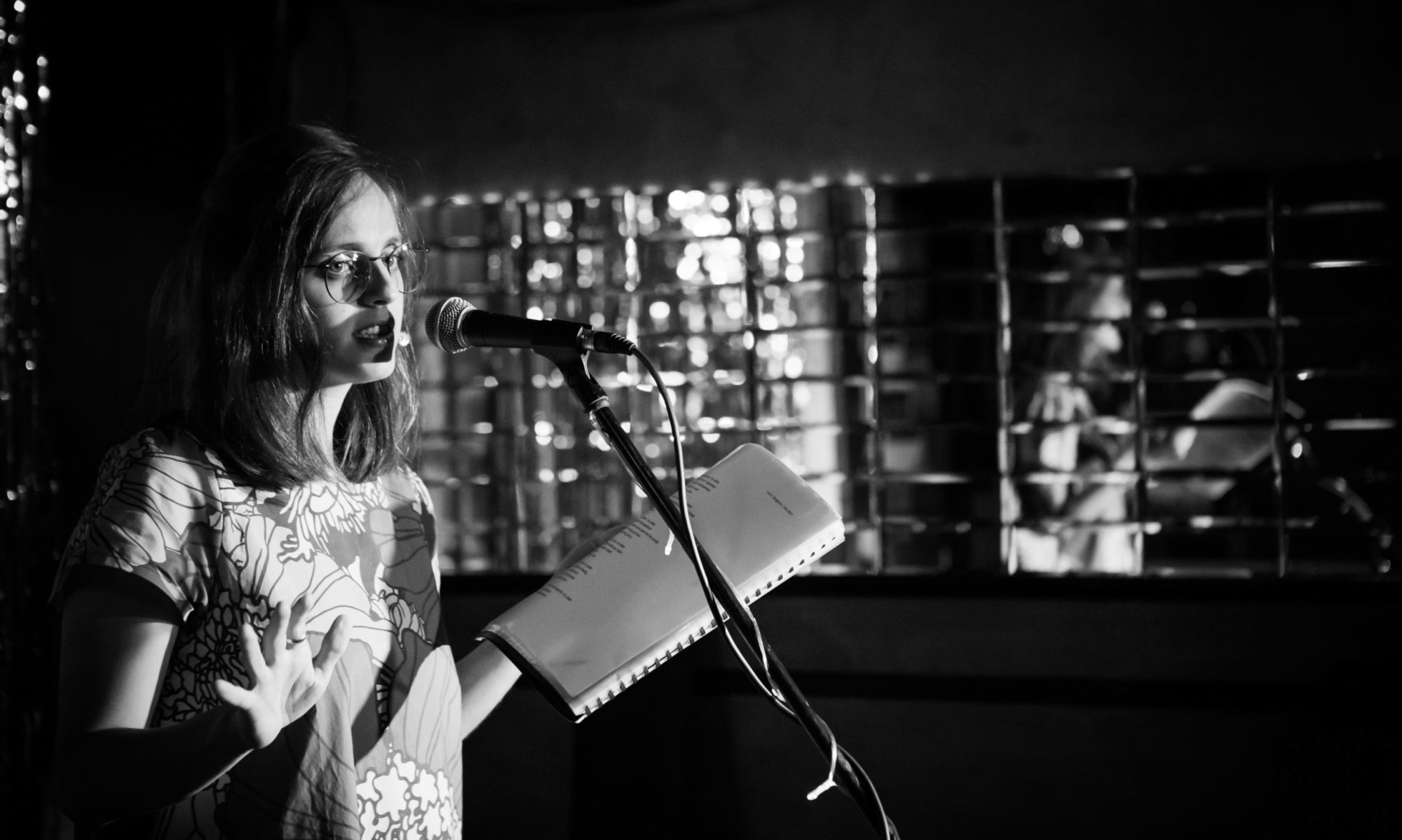CW: ableist slurs, ableism, ignorance. Note: I will be censoring slurs throughout this post in respect to people who may be affected.
As a kid I heard slurs a lot. One of my classmates’ favourites was crip*. When I’d tell adults about names I was called, the advice was to “Just ignore it”. The bullies who used the slurs, or others’ right to shame and dehumanise me in this way was never truly challenged. In combination with physical barriers, medical and historical ableism, internalising that I was less than an able-bodied person was to be expected.
Despite working in mental health and being involved in the disability community, I still hear many ableist slurs around me. Sadly, sometimes this comes from disabled people themselves. It’s understandable considering we rarely talk about this in our disabled community or wider society.
What is an ableist slur? It is a word or a phrase used degradingly to exclude, marginalise and discriminate against disabled people.
Fine, I’ll admit – as a kid I was told that those things were not true and that I shouldn’t listen to it. But it is extremely difficult to ignore degrading comments when those are being repeatedly drilled into you. Especially as a child forming your sense of self. If you are privileged enough never to have experienced such repeated abuse or bullying, just close your eyes and imagine someone telling you over and over again degrading comments about something you cannot change about yourself (people from marginalised communities – don’t bother, you know what I’m talking about). It is inevitable that you’d end up believing this “truth” about yourself.
Why should you care?
Ableist slurs are one tool by which society deems different bodies and minds as subhuman, therefore leaving the power outside the hands of disabled people. Using ableist slurs reinforces the status quo of disabled people being marginalised, excluded, shamed and discriminated against in our society. Ableist slurs therefore, work to further disable people with bodily impairments, cognitive difference, or who are otherwise considered “nontypical”. Historically, people who have been labelled with words such as “crip*” “craz*” or “blind” have been physically ostracised, abused, neglected and killed. Unfortunately, that still happens under our watch to disabled children and adults in Australia.
You know that time you had a busy day at work, and you said to a colleague it was “craz*”? Imagine that this colleague has a mental illness you didn’t know about. How do you think that would make them feel? Add to this how often this person would be hearing a word previously describing mental illness used to describe an unpredictable, difficult to manage or stressful times. Using slurs as negatively descriptive words yells out – that person is unworthy, the other – subhuman. They do not deserve to be respected, or equally participate in society, because they are different.
Almost one in five Australians live with a disability, many of these are invisible or dynamic, so you wouldn’t be able to tell simply by looking at a person. If you believe everyone deserves to develop a healthy sense of self, to feel proud of who they are and to be included in our society, then avoiding ableist slurs is a simple way to start your contribution. If you’re still not convinced, remember any able-bodied person can unwillingly join the disabled community tomorrow by means of an accident or illness.
How to avoid ableist slurs?
- Ask yourself the following basic questions: Does this word relate to a bodily/cognitive/information processing or other impairment? Has this word been used as a negative description of something (an object, person, behaviour etc)? Has this word been historically used to shame or dehumanise people? What context am I using this word in? Would I use this word if a person with the associated impairment was in the room?
- If in doubt, be cautious and choose an alternative word. Learn from the disability community (and other marginalised communities) about what constitutes a slur.
- Check the following blog which provides a list of slurs and alternative phrases: https://www.autistichoya.com/p/ableist-words-and-terms-to-avoid.html?fbclid=IwAR3zdBfc4PceYWf78vpcI5P4-kRC9lK0KiReq8Rf0Ognq1sJy5W9NGuhBD8
- Reclaiming disability language is something only the disability community can do. This happens when a marginalised group owns back a perviously degrading phrase and creates new meaning to it by purposefully using it. For instance, using the word “disabled” as a way to express one’s feeling of being disabled by society or affiliation with the disability community. If you aren’t a disabled person reclaiming a word – avoid using it if possible.
Where to from here?
We all make mistakes and have the potential to evolve. If you’ve used a slur and then realised it – apologise. Learn, and let humility be the guide in improving your respectful communication. If you hear or see others using ableist slurs – call it out. Just like you would if people use racist or sexist slurs. Educate your network and share this information. Think of your words – they do count.
Until next time,
Liel K. Bridgford (yes I have a first name!)
P.S. If you have comments or questions – feel free to leave those below.

Hi there! I’m at work browsing your blog from my new iphone! Just wanted to say I love reading your blog and look forward to all your posts! Carry on the superb work!